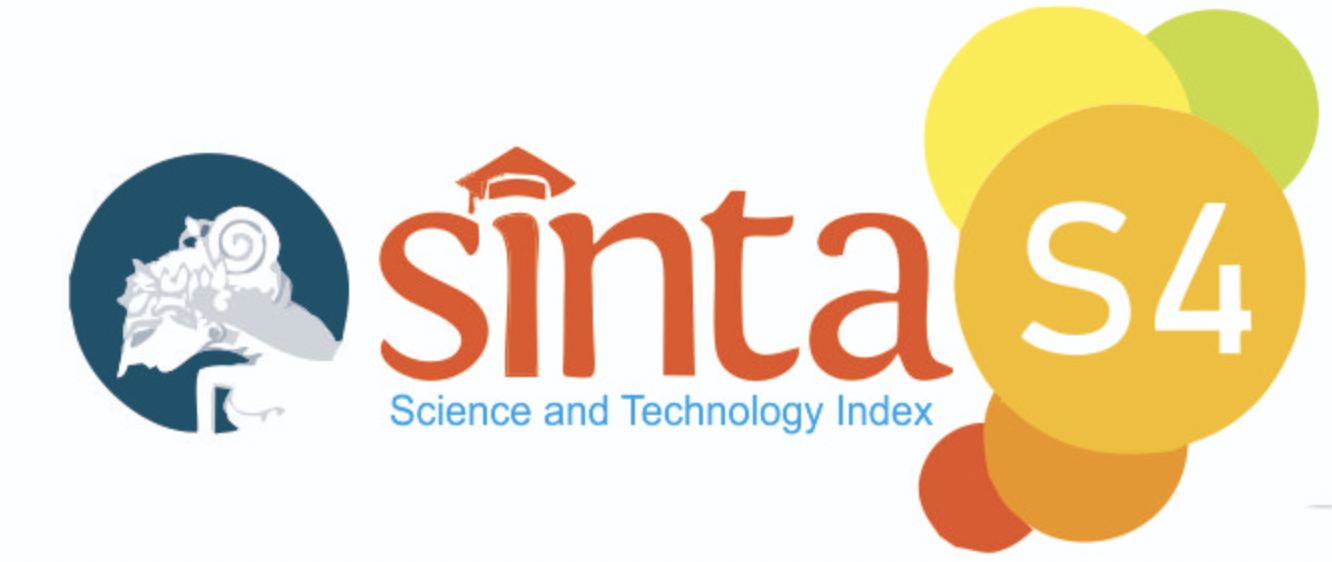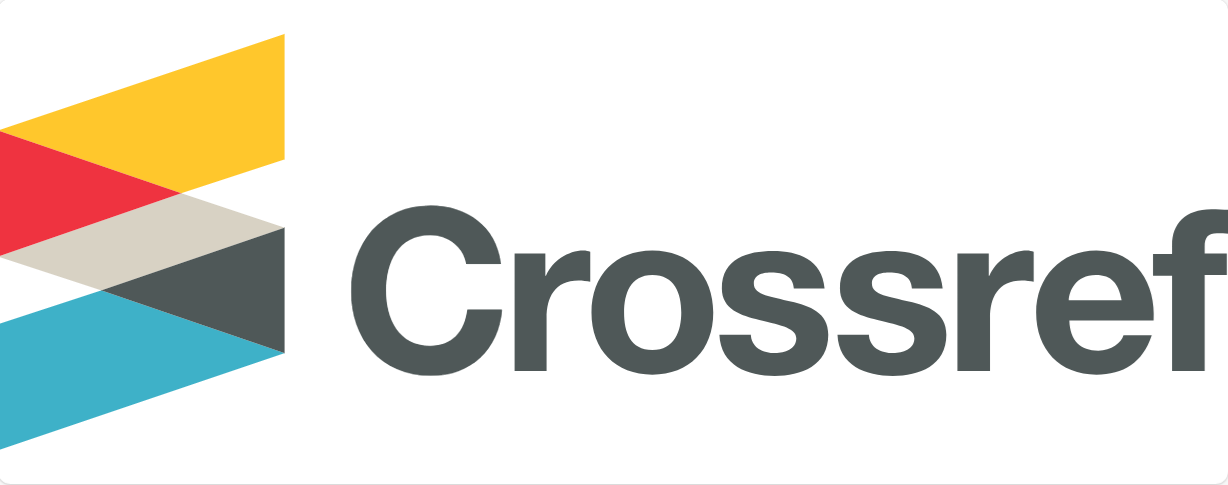Abstract
The information experience domain is a field of human information behavior research, concerned with one's engagement with sensory information using personal cognitive and affective experiences. The development of information technology and social media causes a flood of information which results in misinformation, disinformation, fake news, and hate speech in the public information space which increases personal distraction, this is also known as the phenomenon of information pathology. Another type of information pathology is the phenomenon of tensions in behavior and information practices presented as information experience dilemmas. This study aims to define, understand, and explain various forms of information experience dilemmas, there is a concept of tension that appears in various contexts. Case studies in the context of the global Covid-19 pandemic are presented to illustrate the operationalization of the definitions and variations of the information experience dilemma. The results of the research contribute to the field of information experience research that has been developed by taking the perspective of distraction in the public information space and helping to understand how to design library service systems and information systems that address affective and cognitive tensions in the disinformation era.
Bahasa Abstract
Ranah pengalaman informasi merupakan bagian dari penelitian perilaku informasi manusia tentang keterlibatan seseorang dengan informasi sensorik menggunakan pengalaman kognitif dan afektif secara personal. Perkembangan teknologi informasi dan media sosial menyebabkan terjadinya banjir informasi yang mengakibatkan banyaknya misinformasi, disinformasi berita palsu, dan ujaran kebencian di ruang informasi publik yang meningkatkan distraksi personal, hal ini juga dikenal sebagai fenomena patologi informasi. Jenis lain dari patologi informasi adalah fenomena ketegangan dalam perilaku dan praktik informasi yang diajukan sebagai dilema pengalaman informasi. Penelitian ini bertujuan untuk mendefinisikan, memahami, dan menjelaskan berbagai bentuk dilema pengalaman informasi, terdapat konsep ketegangan yang muncul dalam berbagai konteks. Studi kasus dalam konteks pandemi global Covid-19 dipaparkan untuk menggambarkan operasionalisasi dari definisi dan variasi dari dilema pengalaman informasi. Hasil penelitian memberikan kontribusi pada bidang penelitian pengalaman informasi yang telah dikembangkan dengan mengambil sudut pandang distraksi di ruang informasi publik serta membantu memahami bagaimana membuat desain sistem layanan perpustakaan dan sistem informasi yang mengatasi ketegangan afektif dan kognitif di era disinformasi.
References
- Andalibi, N., dan Garcia, P. (2021). Sensemaking and coping after pregnancy loss: the seeking and disruption of emotional validation online. Proceedings of the ACM on Human-Computer Interaction, 5(CSCW1), 1-32.
- Bagcchi, S. (2020). Stigma during the COVID-19 pandemic. The Lancet Infectious Diseases, 20(7), 782.
- Bates, M. (1989). The design of browsing and berry picking techniques for the online search interface. On-line review, 13(5), 407-424.
- Bates, M. J. (2018). Concepts for the study of information embodiment. Library Trends, 66(3), 239-266.
- Bruce, C., Partridge, H., Davis, K., Hughes, H., dan Stoodley, I. (Eds.). (2014). Information experience: approaches to theory and practice. Emerald Group Publishing.
- Byrne, B. (2000). Relationships between anxiety, fear, self-esteem, and coping strategies in adolescence. Adolescence, 35(137).
- Case, D. O., dan Given, L. M. (2016). Looking for information: A survey of research on information seeking, needs, and behavior. Emerald Group Publishing.
- Day, R. E. (2019). Right-wing populism, information, and knowledge. Logeion: Filosofia da Informação, 5(2), 38-54.
- Day, R. E. (2020). Three Monstrosities of Information. Proceedings from the Document Academy, 7(1), 7.
- Dervin, B. (2015). Dervin's sense-making theory. In Information seeking behavior and technology adoption: Theories and trends (pp. 59-80). IGI Global.
- Eklof, A. (2013) Understanding information anxiety and how academic librarians can minimize its effects. Public Services Quarterly 9(3): 246–258.
- Froehlich, T. J. (2020). Ten lessons for the age of disinformation. In Navigating fake news, alternative facts, and misinformation in a post-truth world (pp. 36-88). IGI Global.
- Furner, J. (2004). Conceptual analysis: A method for understanding information as evidence, and evidence as information. Archival science, 4(3), 233-265.
- Gorichanaz, T. (2020). Information experience in theory and design. Emerald Group Publishing
- Hartel, J. (2019). Turn, turn, turn. In Proceedings of CoLIS, the Tenth International Conference on Conceptions of Library and Information Science, Ljubljana, Slovenia, June 16-19, 2019. Information Research, 24 (4), paper colis1901. Retrieved from http://InformationR.net/ir/24-4/colis/colis1901.html
- Heverin, T., dan Zach, L. (2012). Use of microblogging for collective sense‐making during violent crises: A study of three campus shootings. Journal of the American Society for Information Science and Technology, 63(1), 34-47.
- Hicks, A. dan Lloyd, A. (2022). Agency and liminality during the COVID-19 pandemic: Why information literacy cannot fix vaccine hesitancy. Journal of Information Science, 1-16.
- Huvila, I., Douglas, J., Gorichanaz, T., Koh, K., dan Suorsa, A. (2022). Guest editorial: Advances in research on information creation. Library dan Information Science Research, 44(3), 101178.
- Jamali, H.R. and Shahbaztabar, P. (2017). The effects of internet filtering on users’ information-seeking behaviour and emotions. Aslib Journal of Information Management, Vol. 69 No. 4, pp. 408-425. https://doi.org/10.1108/AJIM-12-2016-0218
- Kari, J. (2010). Diversity in the conceptions of information use. Information Research, 15(3), 15-3.
- Krakowska, M. (2020). Information behavior in crisis situations. Zagadnienia Informacji Naukowej, 58(2A (116A)).
- LaValley, S. A., Kiviniemi, M. T., dan Gage‐Bouchard, E. A. (2017). Where people look for online health information. Health Information dan Libraries Journal, 34(2), 146-155.
- Lehne, M., dan Koelsch, S. (2015). Toward a general psychological model of tension and suspense. Frontiers in psychology, 6, 79. doi: 10.3389/fpsyg.2015.00079
- Lupton, D. (2022). COVID societies: Theorising the coronavirus crisis. Routledge.
- McGee, S. (2022). A journey to finding space in the tension: Experience of Instructors' relationship with religion and spirituality in doctoral psychology programs. (Doctoral dissertation, Antioch University).
- Mobbs, D., Adolphs, R., Fanselow, M. S., Barrett, L. F., LeDoux, J. E., Ressler, K., dan Tye, K. M. (2019). Viewpoints: Approaches to defining and investigating fear. Nature neuroscience, 22(8), 1205-1216.
- Naeem, M. (2021). Do social media platforms develop consumer panic buying during the fear of Covid-19 pandemic. Journal of Retailing and Consumer Services, 58, 102226.
- Nahl, D., dan Bilal, D. (Eds.). (2007). Information and emotion: The emergent affective paradigm. In information behavior research and theory. Information Today, Inc..
- Narayan, B., Case, D. O., dan Edwards, S. L. (2011). The role of information avoidance in everyday‐life information behaviors. Proceedings of the American Society for Information Science and Technology, 48(1), 1-9.
- Naveed MA dan Anwar MA (2020) Towards information anxiety and beyond. Webology 17(1): 65–80.
- O'Connor, C., dan Weatherall, J. O. (2019). The misinformation age: How false beliefs spread. Yale University Press.
- Pan, S. L., Cui, M., dan Qian, J. (2020). Information resource orchestration during the COVID-19 pandemic: A study of community lockdowns in China. International journal of information management, 54, 102143.
- Samson, H. (2022). Informational balance. In Proceedings of ISIC: the information behaviour conference, Berlin, Germany, 26-29 September, 2022. Information Research, 27(Special issue), isic2218. Retrieved from http://InformationR.net/ir/isic22/isic2218.html
- Savolainen, R. (2020). Elaborating the sensory and cognitive-affective aspects of information experience. Journal of Librarianship and Information Science, 52(3), 671-684.
- Savolainen, R. (2021). Assessing the credibility of COVID-19 vaccine mis/disinformation in online discussion. Journal of Information Science, 01655515211040653.
- Seyfert, R. (2012). Beyond personal feelings and collective emotions: Toward a theory of social affect. Theory, Culture dan Society, 29(6), 27-46.
- Suwignyo, A. (2020). Pengetahuan budaya dalam khazanah wabah. Gadjah Mada University Press.
- Talja, S., dan Hansen, P. (2006). Information sharing. In New directions in human information behavior (pp. 113-134). Springer, Dordrecht.
- Tinto, F., dan Ruthven, I. (2016). Sharing “happy” information. Journal of the Association for Information Science and Technology, 67(10), 2329-2343.
- Trace, C.B. (2007). Information creation and the notion of membership, Journal of Documentation, Vol. 63 No. 1, pp. 142-164.
- Vamanu, I., dan Guzik, E. (2015). “Closer to God”: Meanings of Reading in Recent Conversion Narratives within Christianity and Islam. Journal of Religious dan Theological Information, 14(3-4), 63-78.
- Willson, R., dan Given, L. M. (2020). “I'm in sheer survival mode”: Information behaviour and affective experiences of early career academics. Library dan Information Science Research, 42(2), 101014.
- Wilson, T. D. (2000). Human information behavior. Informing science, 3, 49.
- Wilson, T. D. (2020). Exploring Information Behaviour. An Introduction. Preliminary edn. TD Wilson, Sheffield.
- Wurman RS (1989). Information Anxiety. New York, NY: Doubleday.
- Xie, B., He, D., Mercer, T., Wang, Y., Wu, D., Fleischmann, K. R., ... dan Lee, M. K. (2020). Global health crises are also information crises: A call to action. Journal of the Association for Information Science and Technology, 71(12), 1419-1423.
Recommended Citation
Kamil, Rusdan and Laksmi, Laksmi
(2023)
"Dilema Pengalaman Informasi: Analisis Konseptual,"
Jurnal Ilmu Informasi, Perpustakaan, dan Kearsipan: Vol. 25:
No.
1, Article 5.
DOI: 10.7454/JIPK.v25i1.005
Available at:
https://scholarhub.ui.ac.id/jipk/vol25/iss1/5
Included in
Archival Science Commons, Collection Development and Management Commons, Information Literacy Commons







